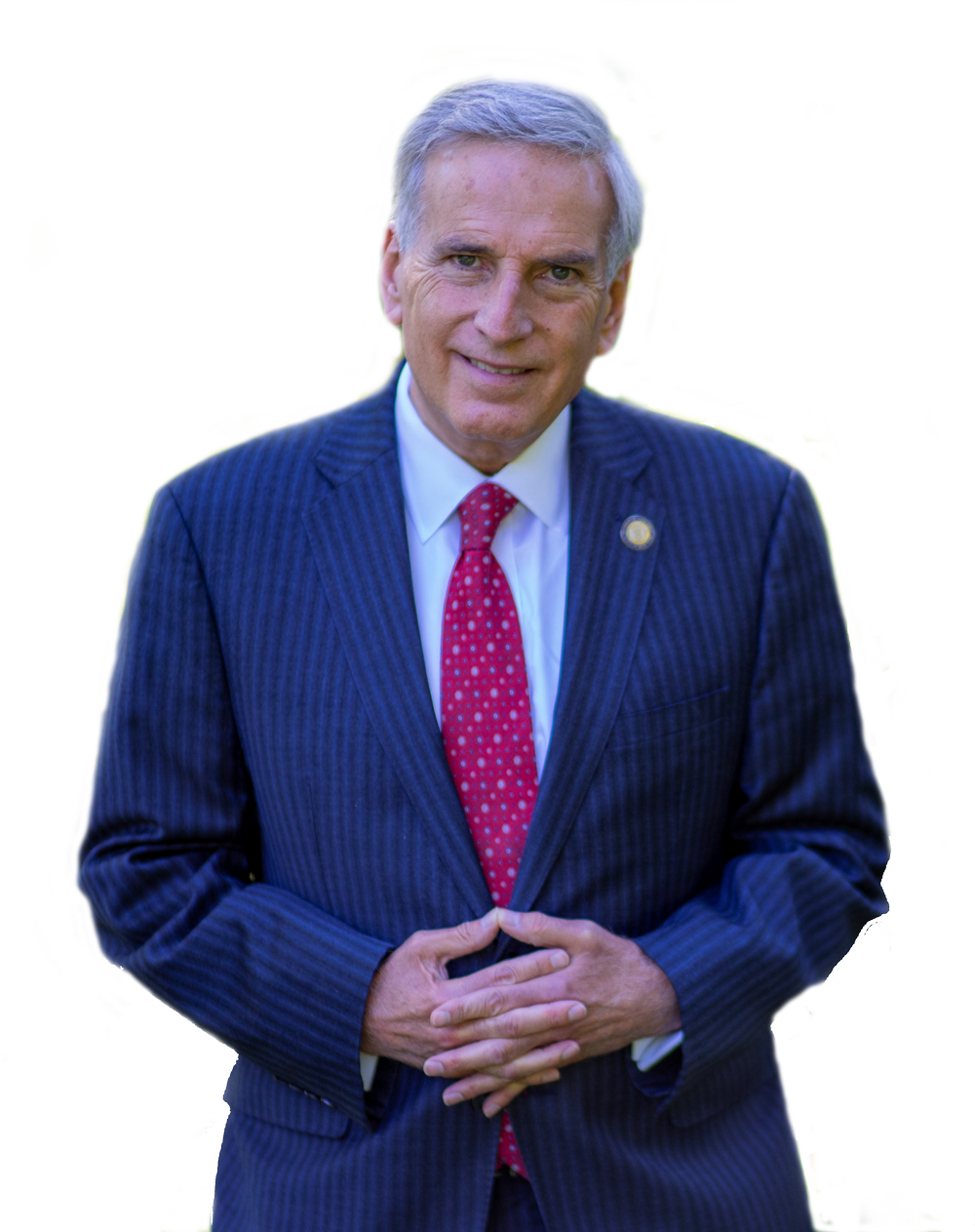Assemblyman David Weprin and Major Advocacy Coalition Stand Together to Oppose Proposed Visitation Cuts at Maximum Security Prisons
Albany, New York – Assemblyman David Weprin, Chair of the Assembly Committee on Correction, joined his colleagues on the Correction Committee, as well as other elected officials and prison reform advocates to stand in opposition to the proposed reduction of visitation days at New York State’s maximum-security prisons. The plan, part of the 2017/2018 Executive Budget Proposal for New York State, would reduce visitation at New York’s maximum security prisons from seven days a week, as is now, to three days per week. The reduction in visitation would also allow the state to save $2.6 million by eliminating 39 Full Time Corrections Positions.
In a bipartisan effort to have this cut removed from the final enacted state budget, Weprin and members of the Assembly Committee on Correction have authored a letter to Governor Andrew Cuomo listing the benefits of prison visitation. The letter has been signed by each member of the Committee, from both sides of the aisle. Weprin also noted that the cut would be removed in the Assembly one-house budget resolution.
Speaking in the Capitol, Weprin noted the already high demand for visits as a reason to oppose the cuts, as well as past research which has shown that visiting helps to decrease recidivism and reduce violence at corrections facilities. He also voiced concern that the reduction would unfairly penalize the families of the incarcerated by limiting the days when families would be allowed to visit.
“The amount gained by enacting this proposal does not match what is lost” said Assemblyman David Weprin, Chair of the New York State Assembly Committee on Correction. “Increased visiting has been proven to reduce recidivism, as visits help family members maintain ties with people in prison, and there is some evidence to suggest that more visiting means less violence in prisons, offering a better work environment. I am hopeful that this morally inhumane and financially shortsighted proposal will be removed from this year’s New York State Final Enacted Budget.”
“This is a simple issue. Are we interested in rehabilitation or not? Compared to overall budget versus humane, rehabilitative treatment of inmates, the proposed cuts pale in comparison to the benefit of providing inmates with a strong lifeline to the outside world and human contact with their families and other loved ones. This proposal would also wreak havoc on families who must sacrifice time away from jobs, and children losing school time, in order to make the often arduous trips to distant state prisons. Enough. Let's put this bad idea to quick rest,” said Assemblyman Luis Sepulveda, Chairman of the Subcommittee on Transitional Services.
“Through our work at The Fortune Society, we know firsthand that people in prison who maintain important connections through visits from family and friends have an easier and more successful re-entry home than those who don’t. The visits our clients receive while incarcerated make a big difference in their lives – both ‘inside’ and in the success they can achieve after release. From helping keep family and community ties alive, to contributing to their emotional and behavioral health, those visits give incarcerated individuals hope that they have something to come home to. And while there may be some cost-savings by reducing visitation, the potential long-term human and societal cost of failed re-entry and recidivism will be far greater. And this is simply a cost that New York cannot afford” said JoAnne Page, President and CEO of The Fortune Society.
"The NYCLU strongly opposes reducing visitation hours at maximum security facilities. Sound public policy should strengthen bonds with family and community; these bonds reduce recidivism and promote public safety. This proposal is terribly misguided: it is anti-family” said Bernadette E. Brown, Deputy Legislative Director at the New York Civil Liberties Union.
“We should be restoring weekday visitation at medium security prisons, not cutting it at maximums. Visitation keeps families together and reduces recidivism.” said Tina Luongo, Attorney-in-Charge of the Criminal Practice at The Legal Aid Society. “There is no substitute for in-person visitation – a child cannot hug their father or mother on a video screen or over the phone. The visitation program keeps people sane and reduces prison misconduct. Governor Cuomo must find another way to cut costs – one that does not punish innocent families and increase recidivism.”
“Incarcerated people I visit in Comstock, Bedford, and other maximum security facilities have worked hard to nurture valuable relationships with families and friends. Visits are critical to that. Cutting back to weekend visits will make many family visits impossible, as these facilities already have small visiting areas that result in over-crowding on weekends. The cost to the families – especially children and grandchildren – will be incalculable. The governor’s plan may be designed for economic reasons, but it will result in a huge price for the health and welfare of families and incarcerated people alike. The proposed cut-back is cruel and unnecessary” said Laura Whitehorn of Release Aging People in Prison (RAPP) and the National Council for Incarcerated and Formerly Incarcerated Women and Girls.
The Correctional Association of New York said, "The CA firmly opposes a recent proposal in Governor Cuomo’s budget to restrict the number of days on which those incarcerated at maximum security prisons in New York can receive family visits. Promoting and encouraging visiting recognizes the humanity of the individuals inside, assisting them to view themselves as more than an incarcerated person, but rather a father, mother, sibling, spouse, partner – an important member of a family. Don't take away this essential part of keeping families together. "
"I am 73 years old. I've visited my loved one once a month for 30 years. If visiting conditions get any more difficult than they already are, I don't know how I will be able to do it” said Naomi Jaffe, Advocate and Parent.
